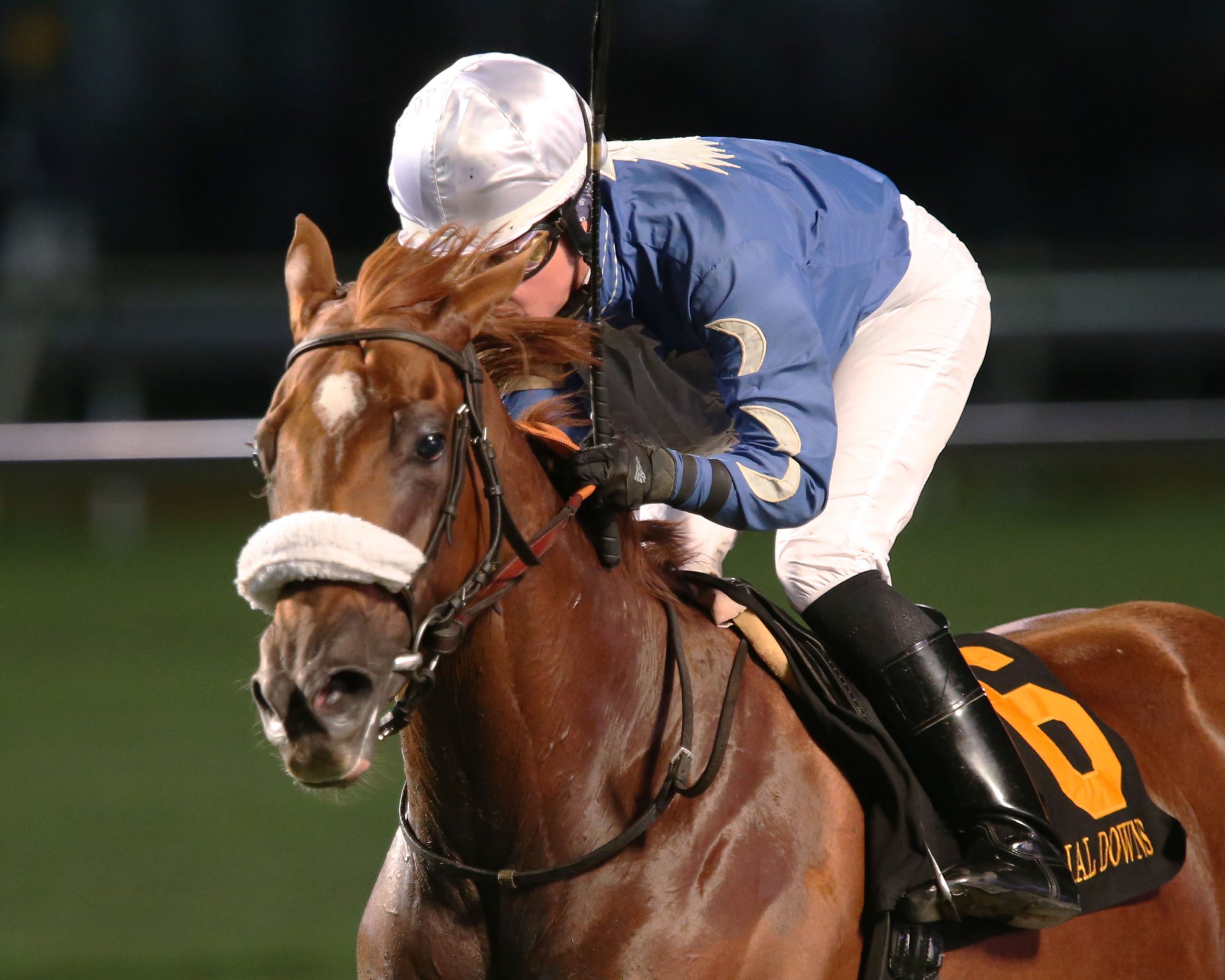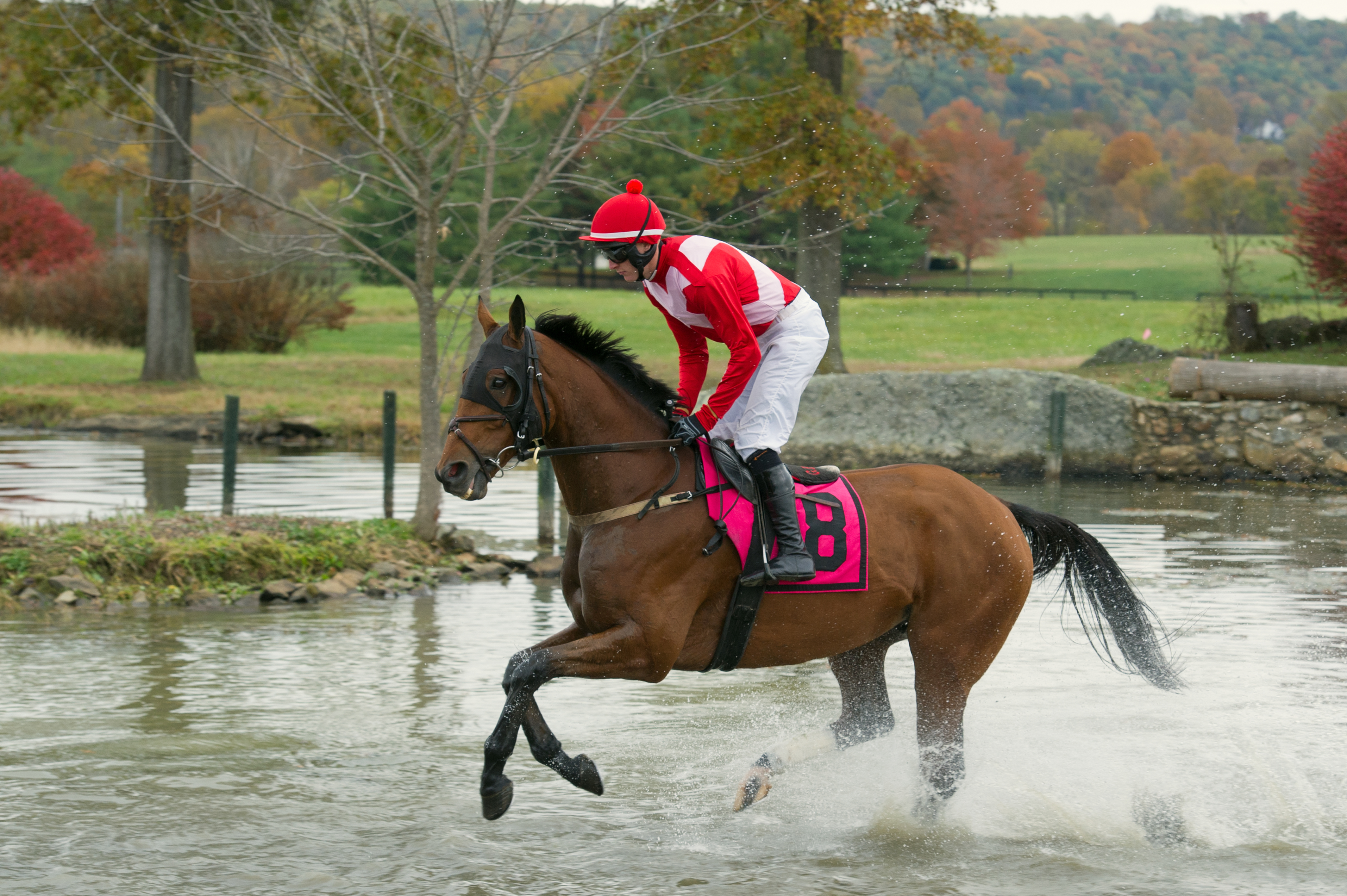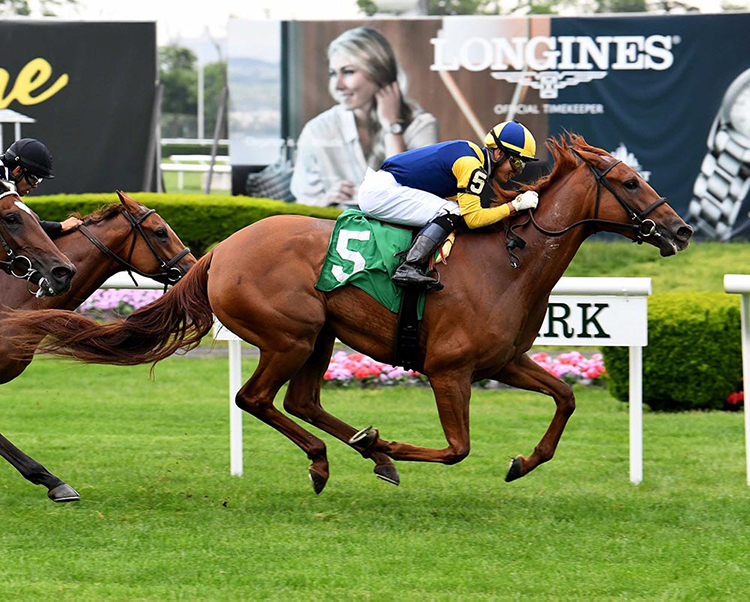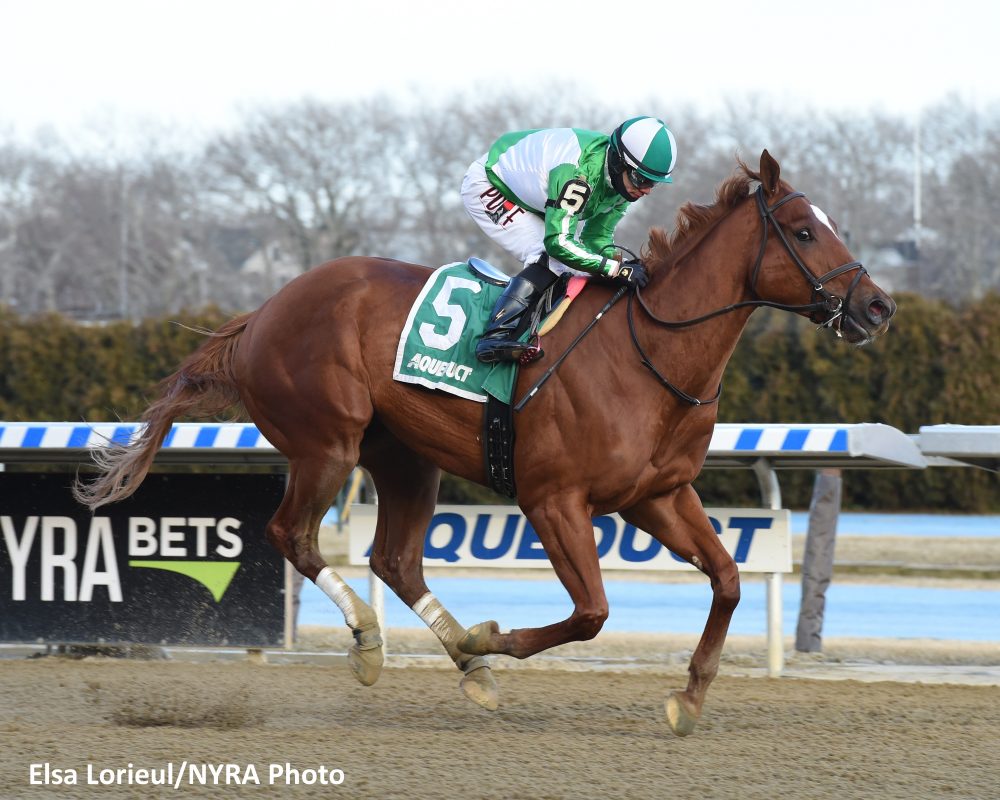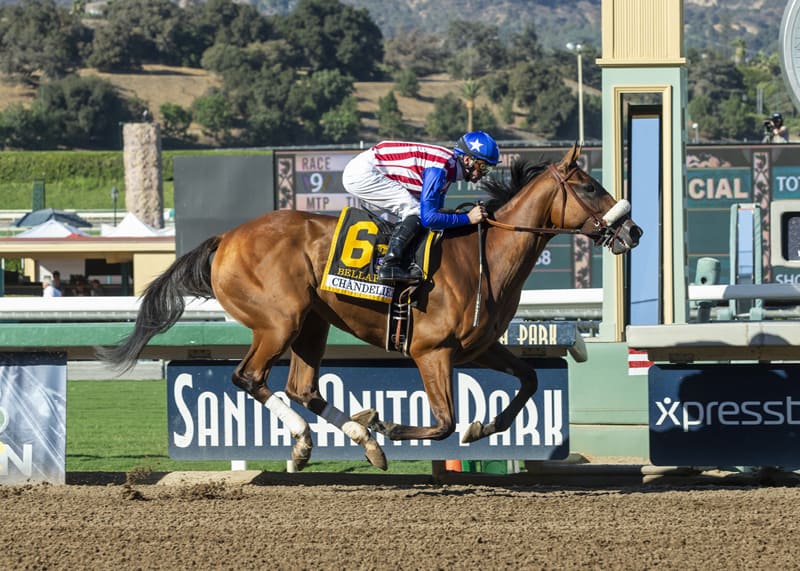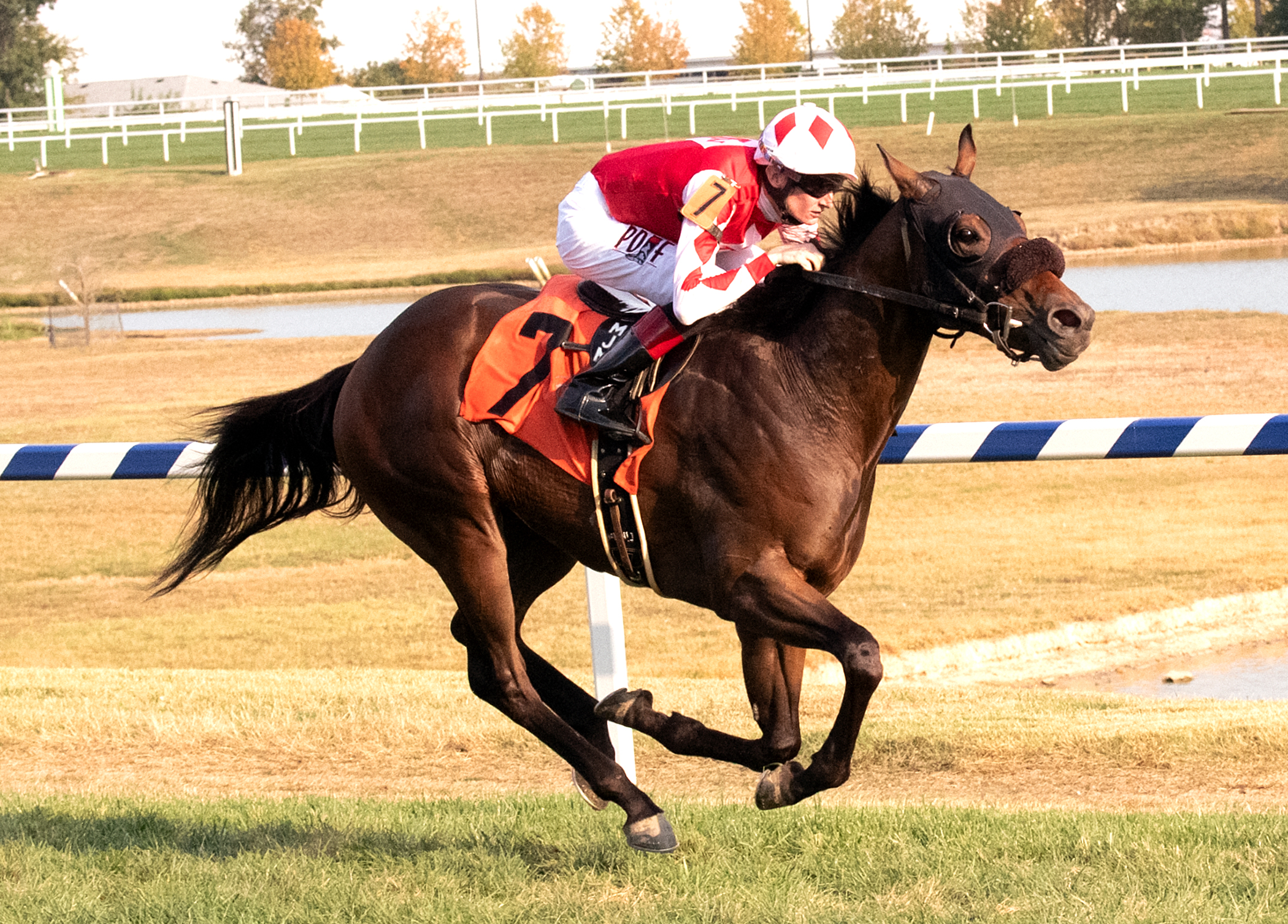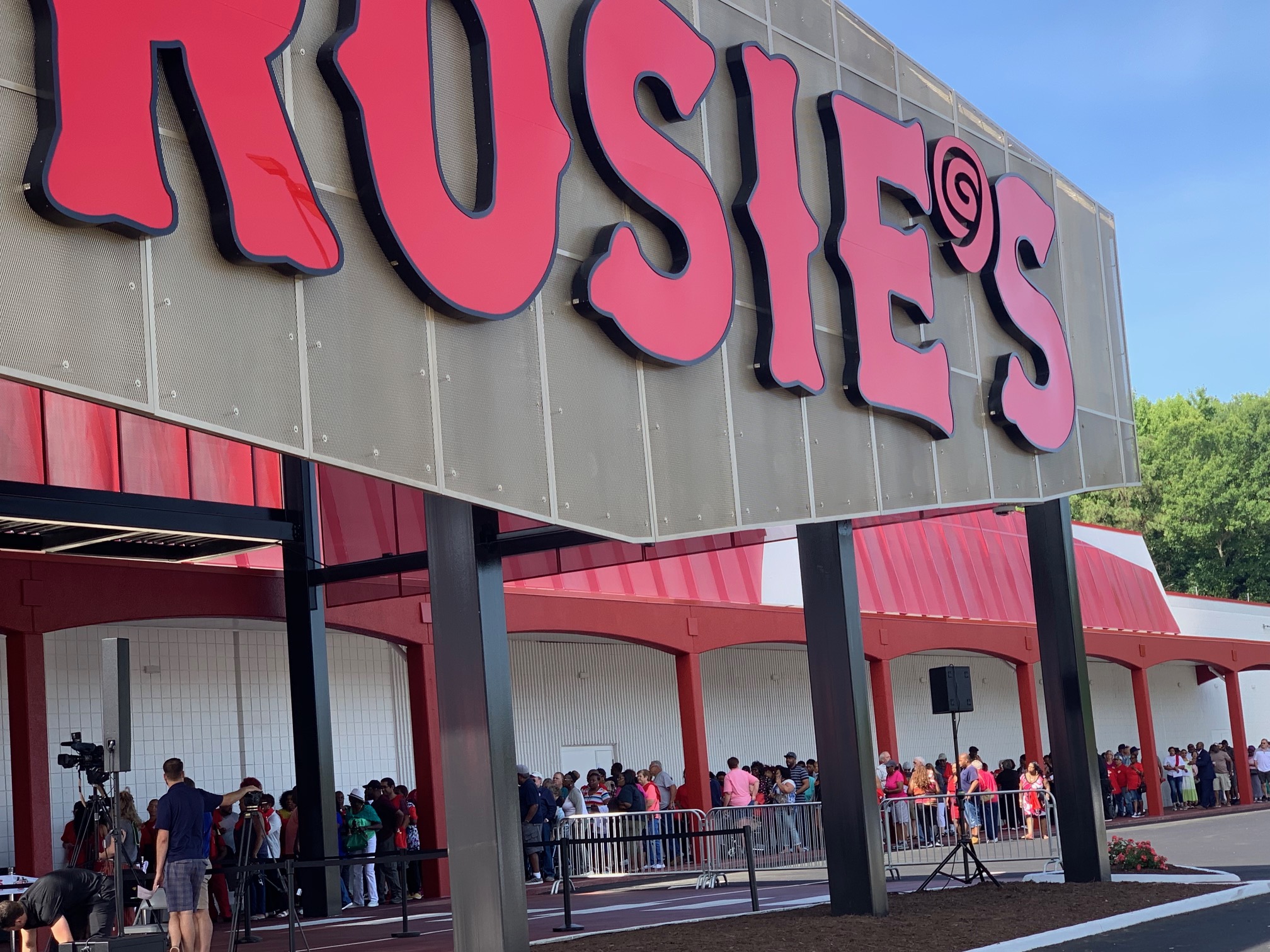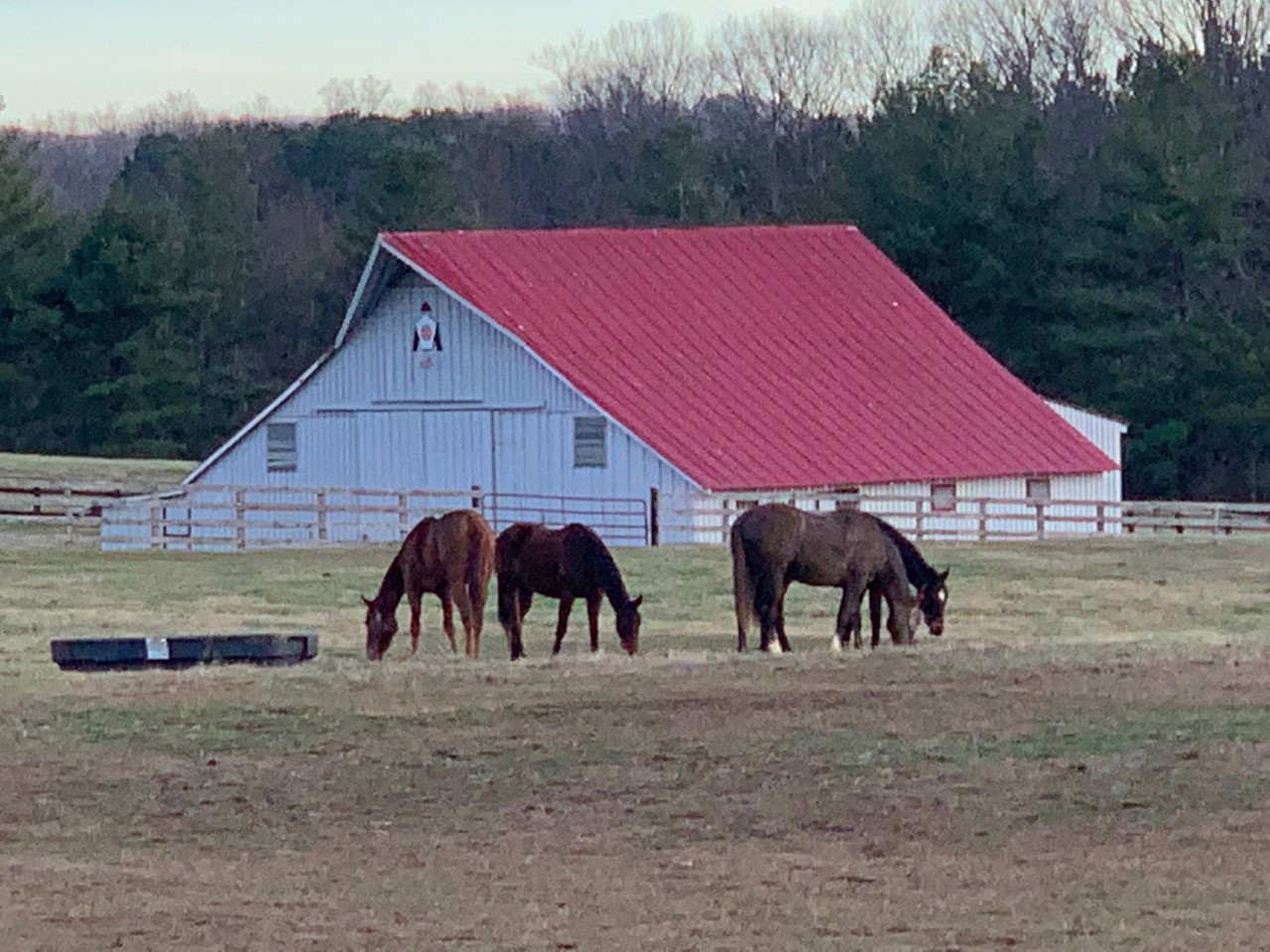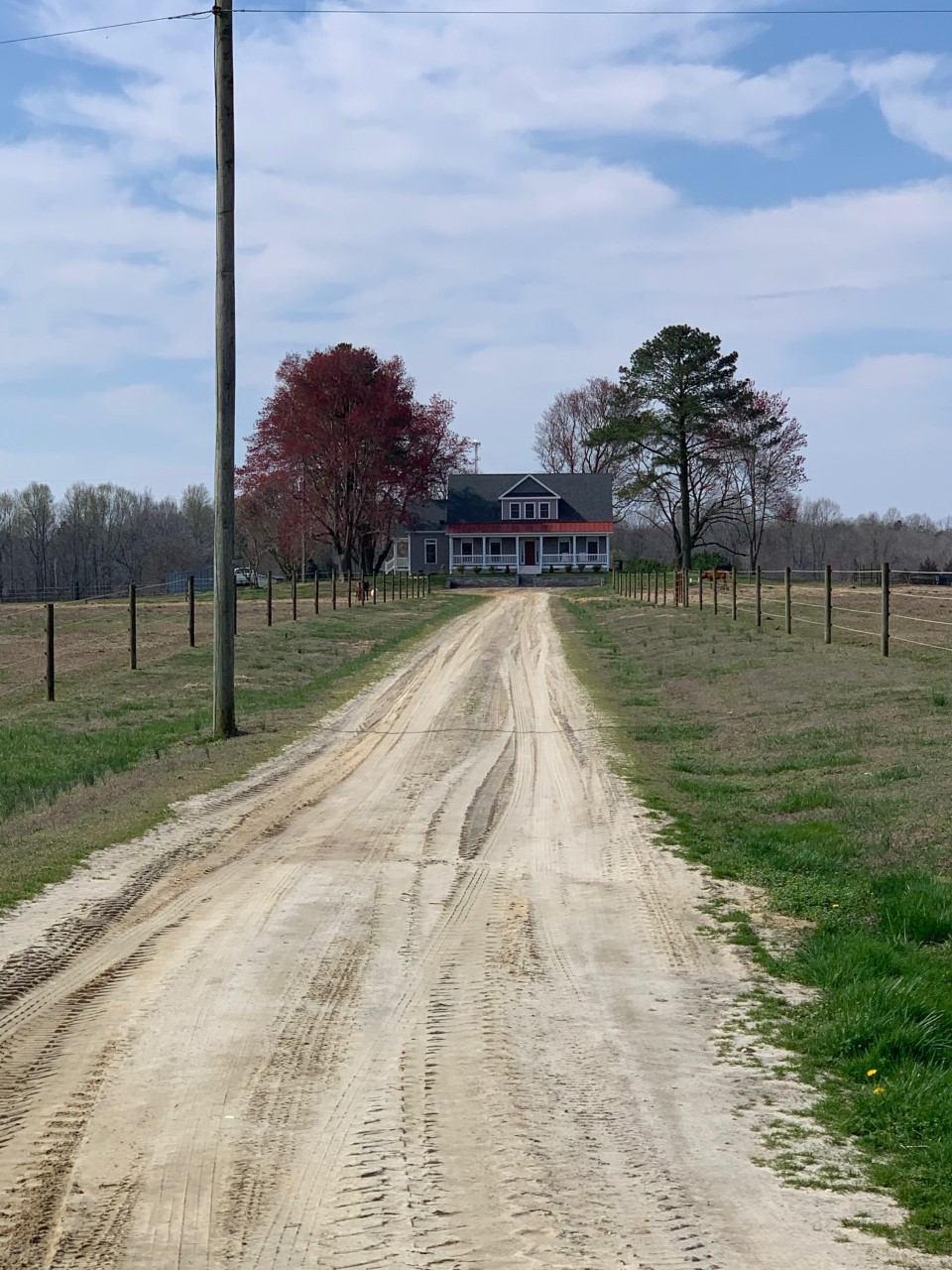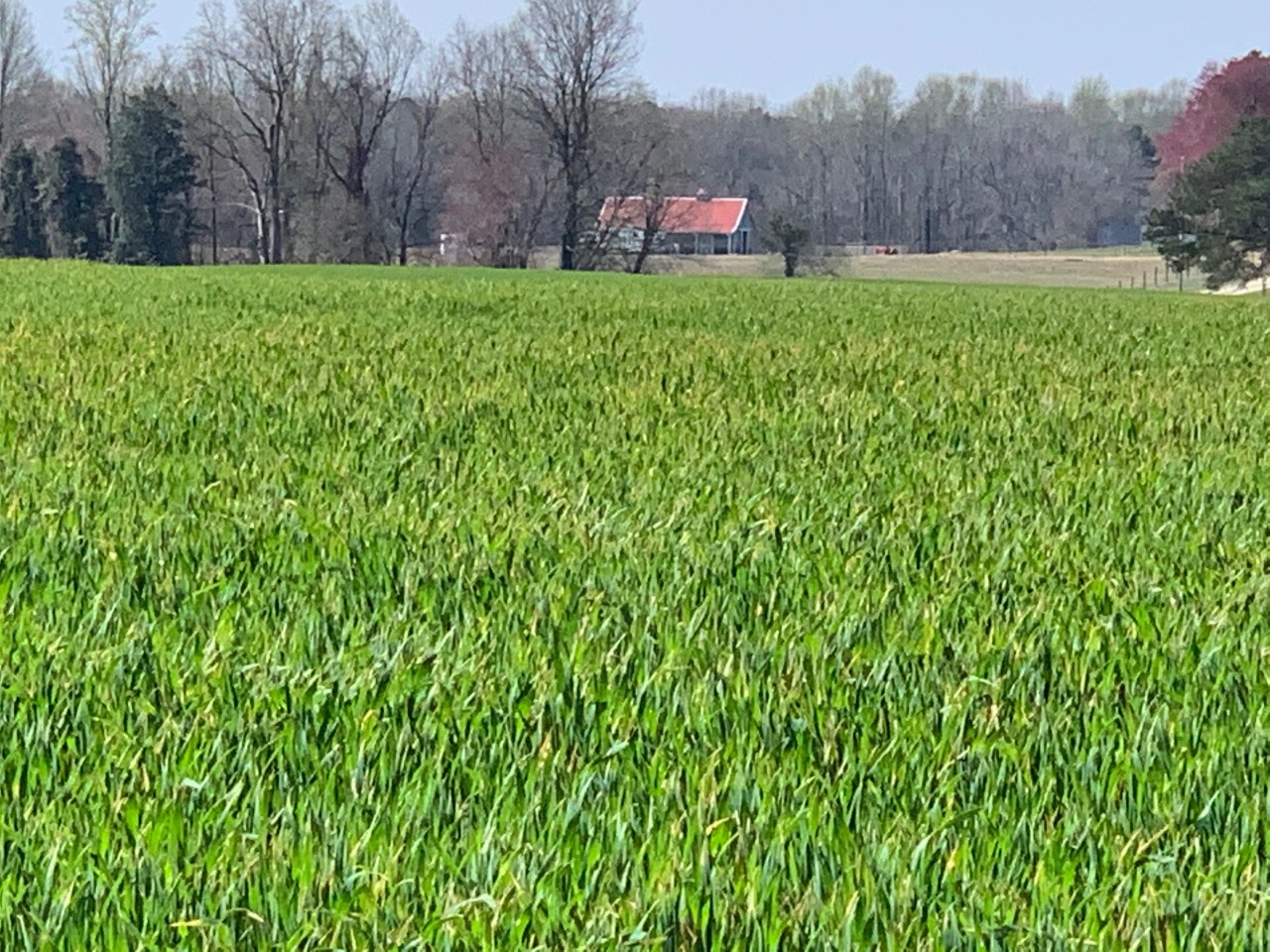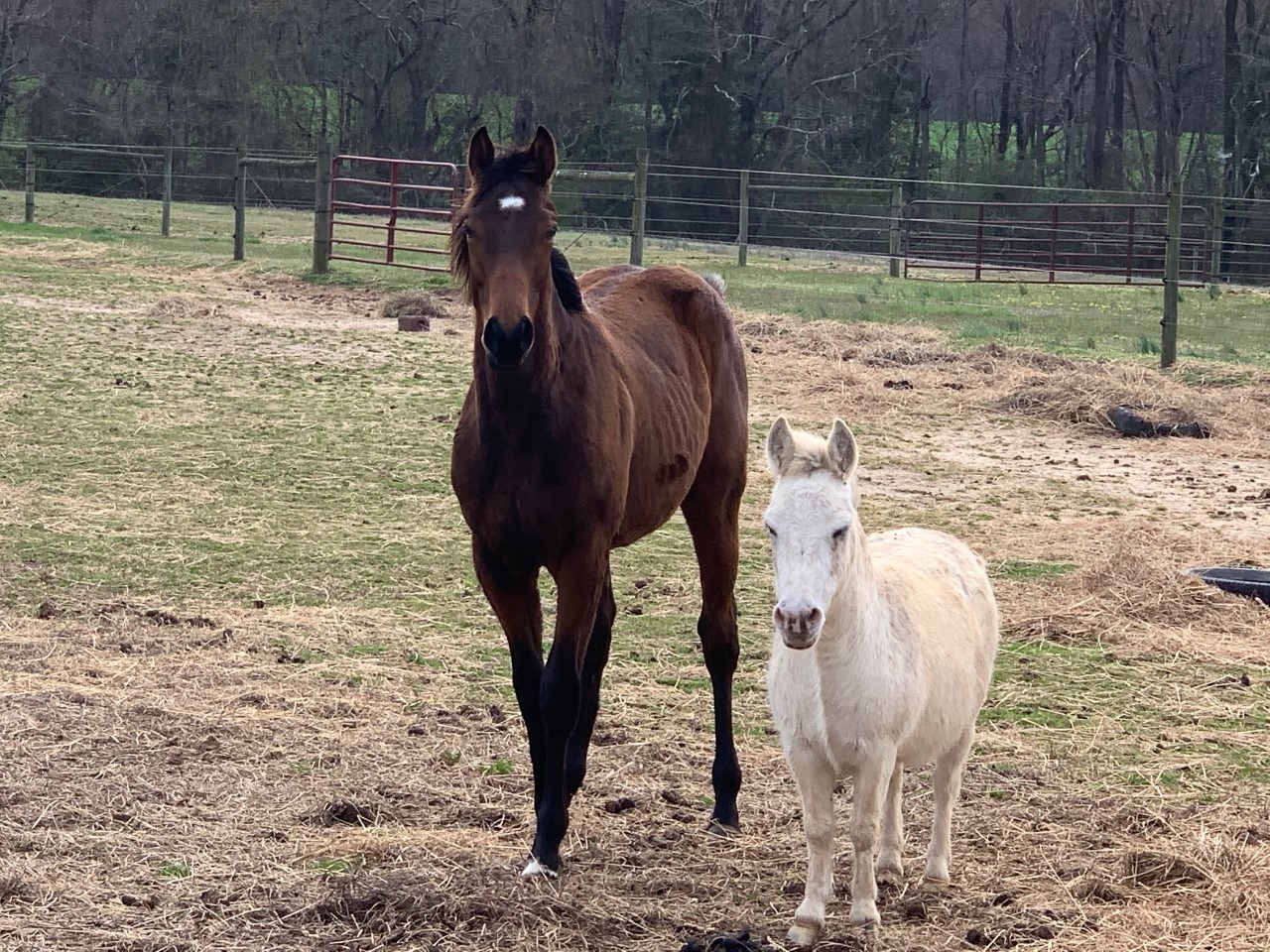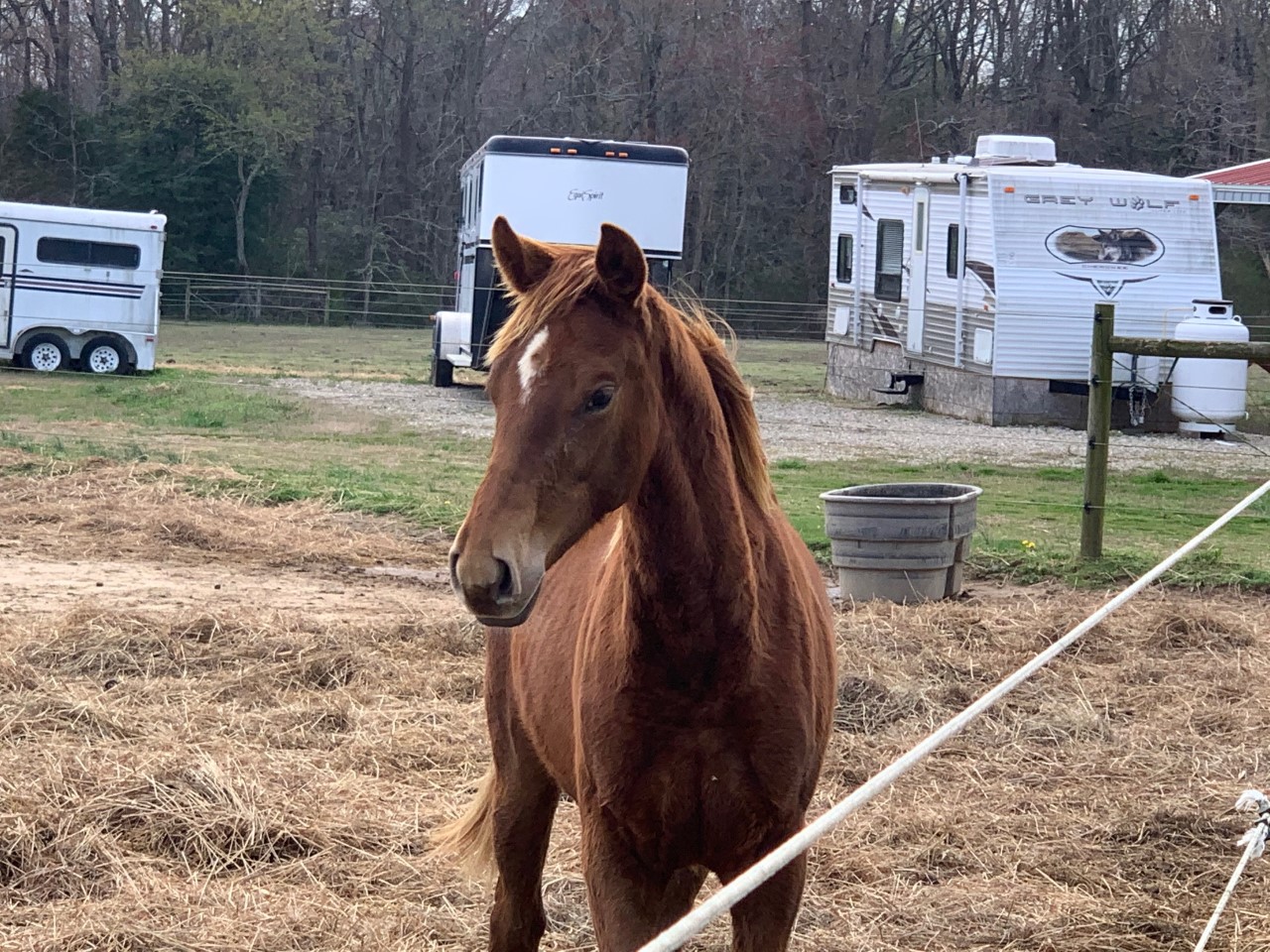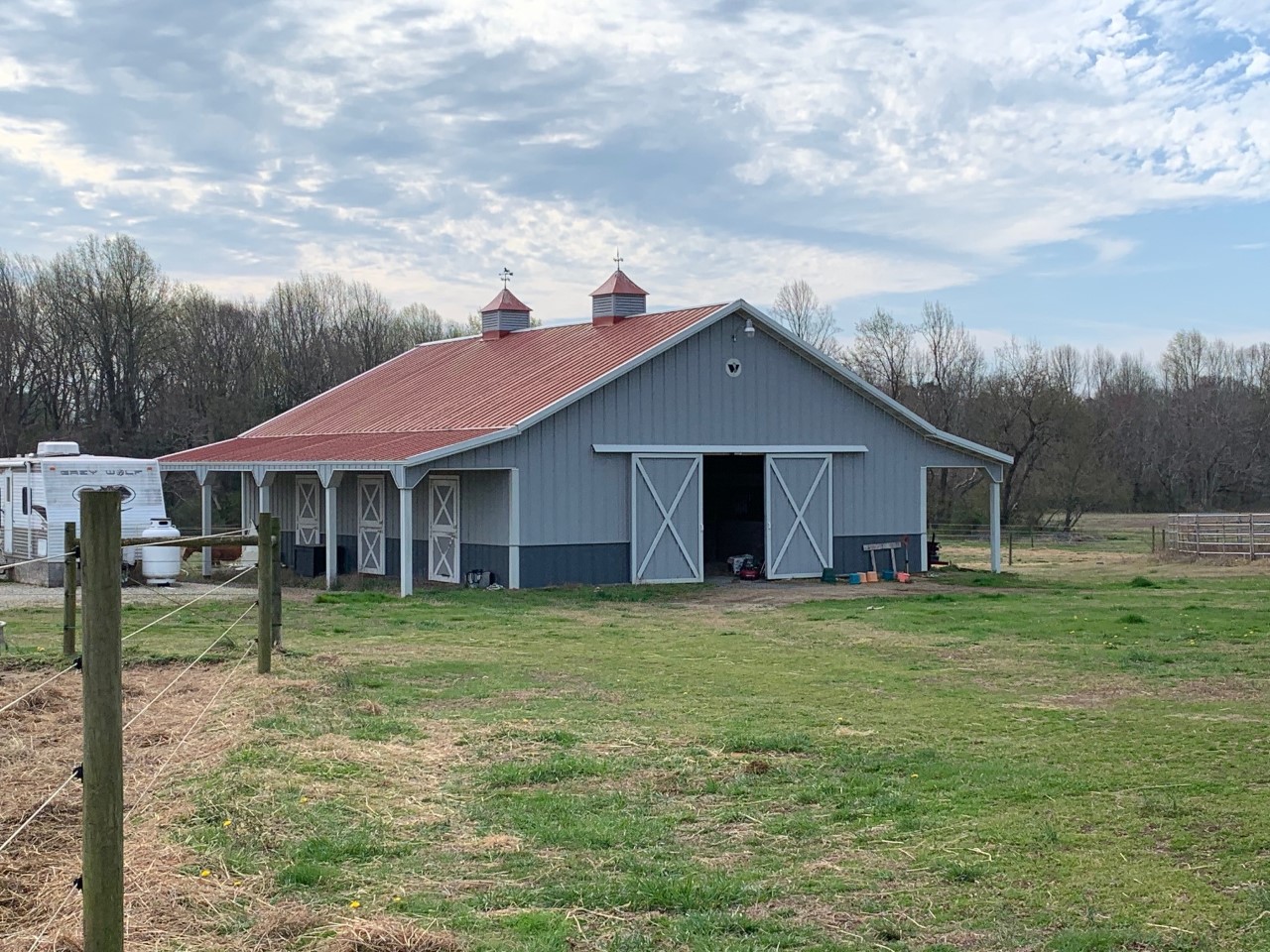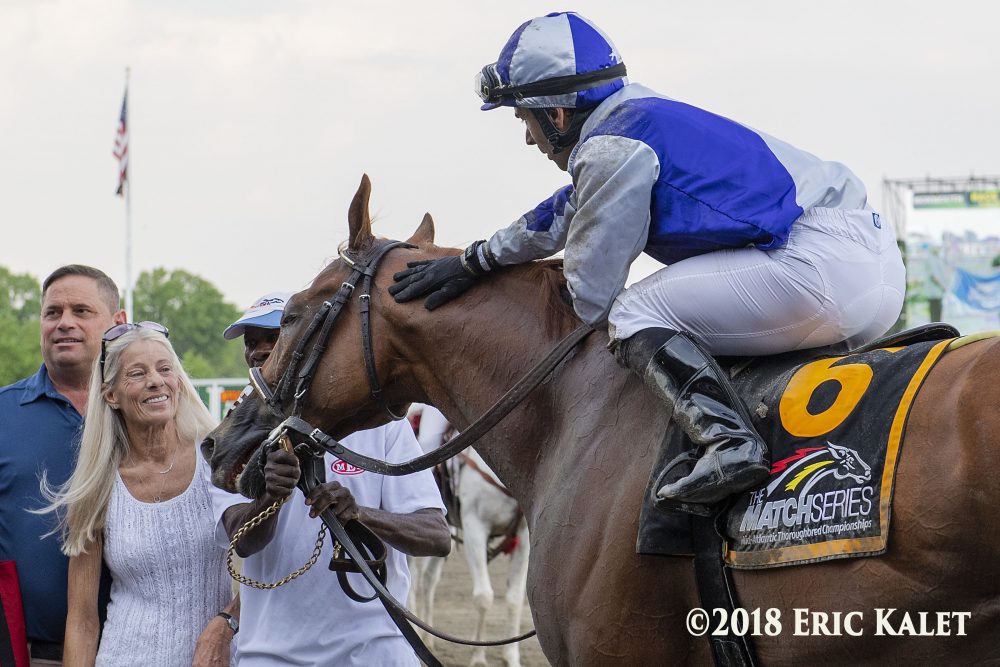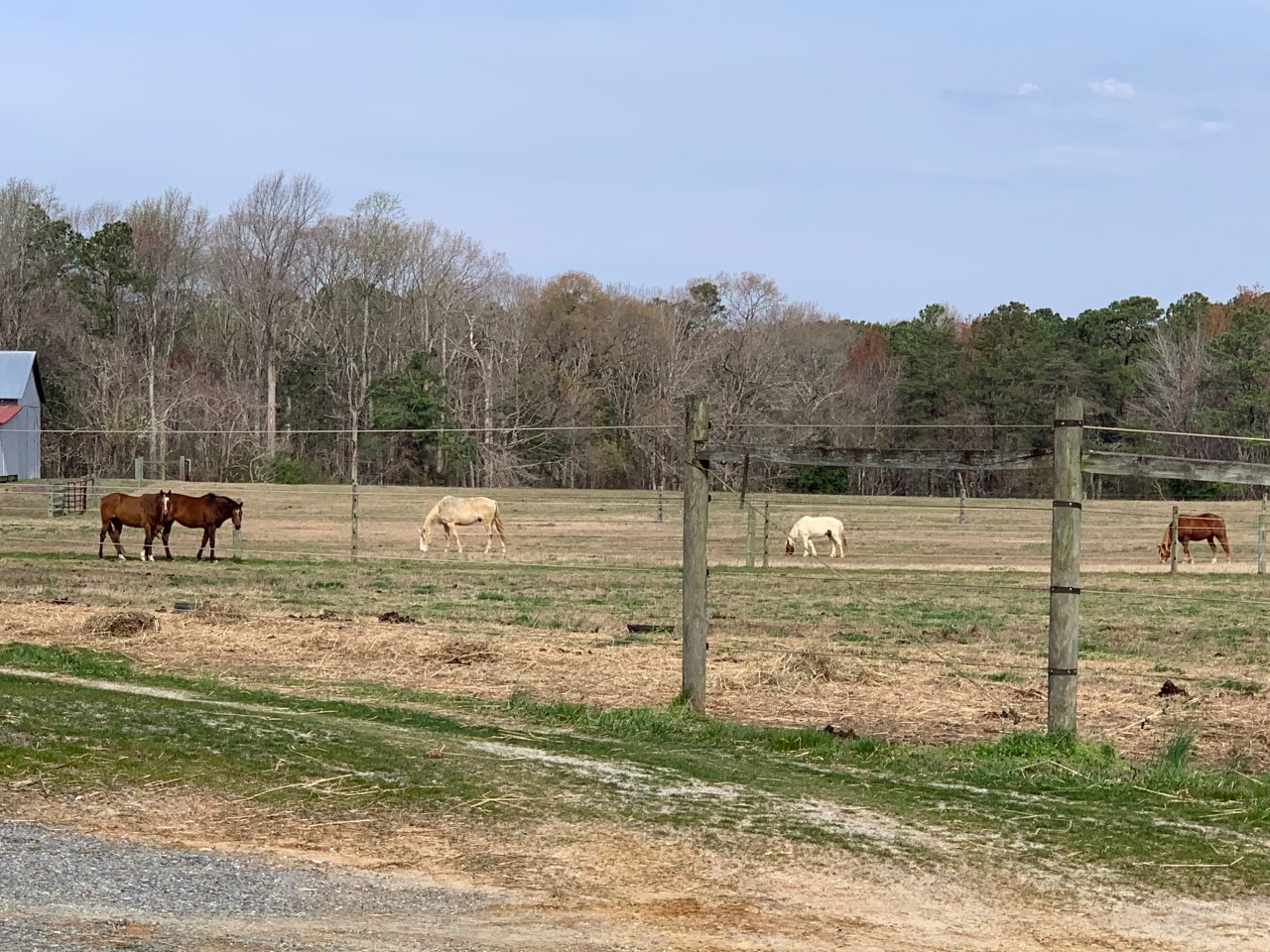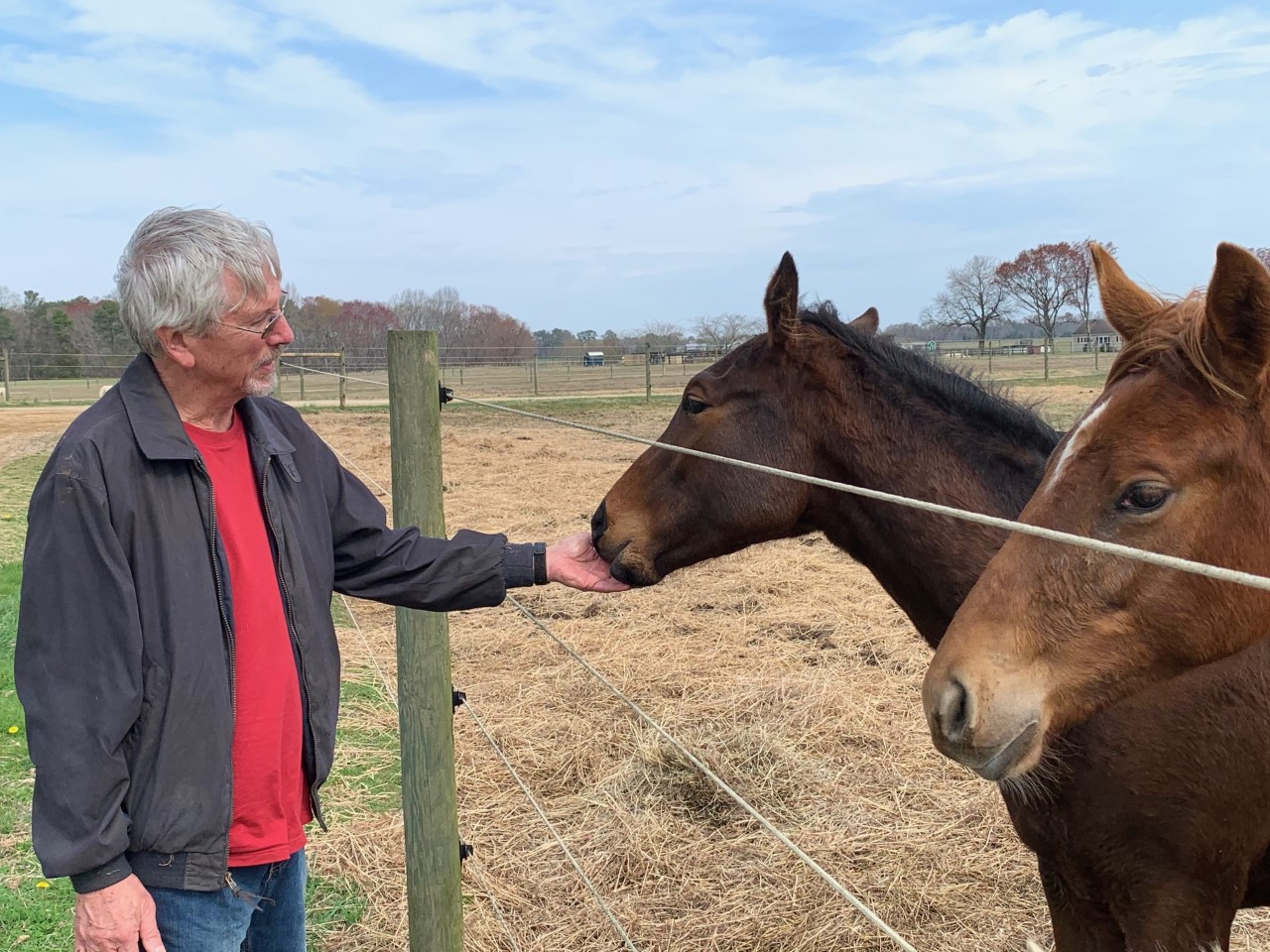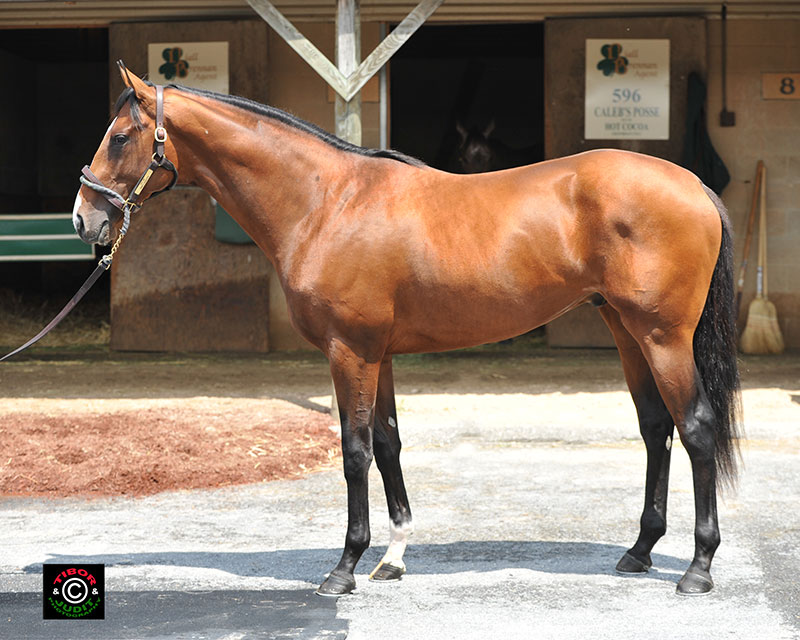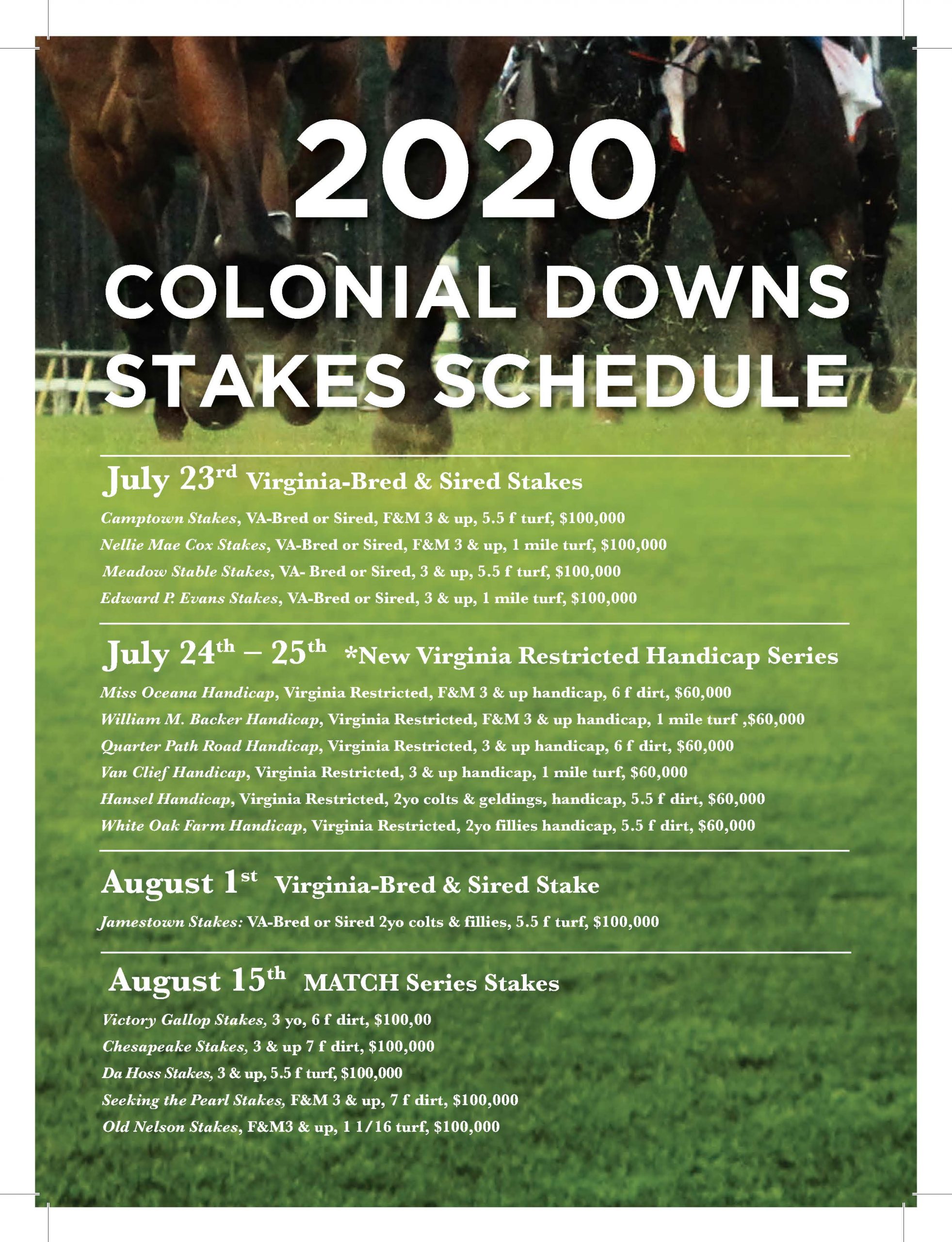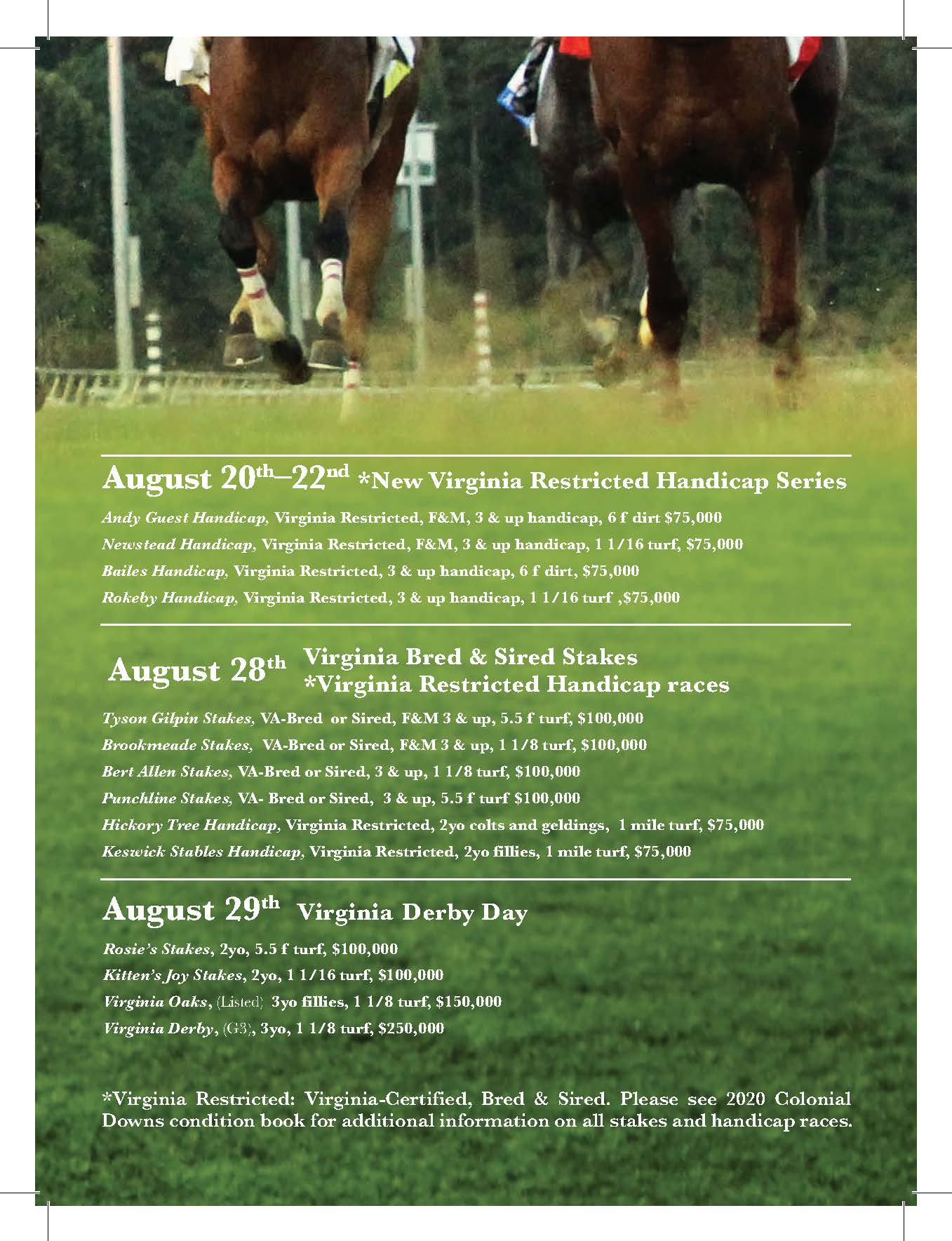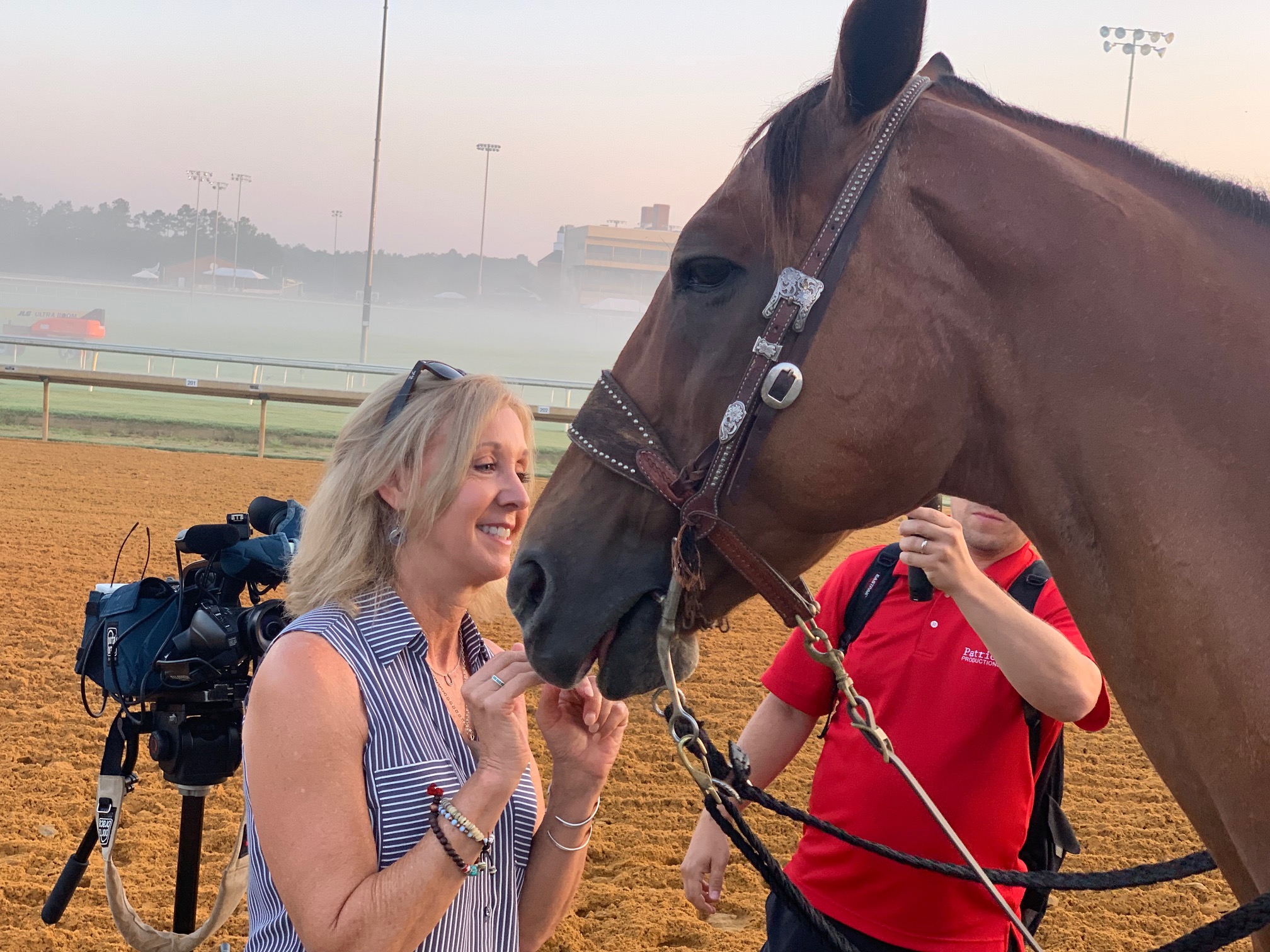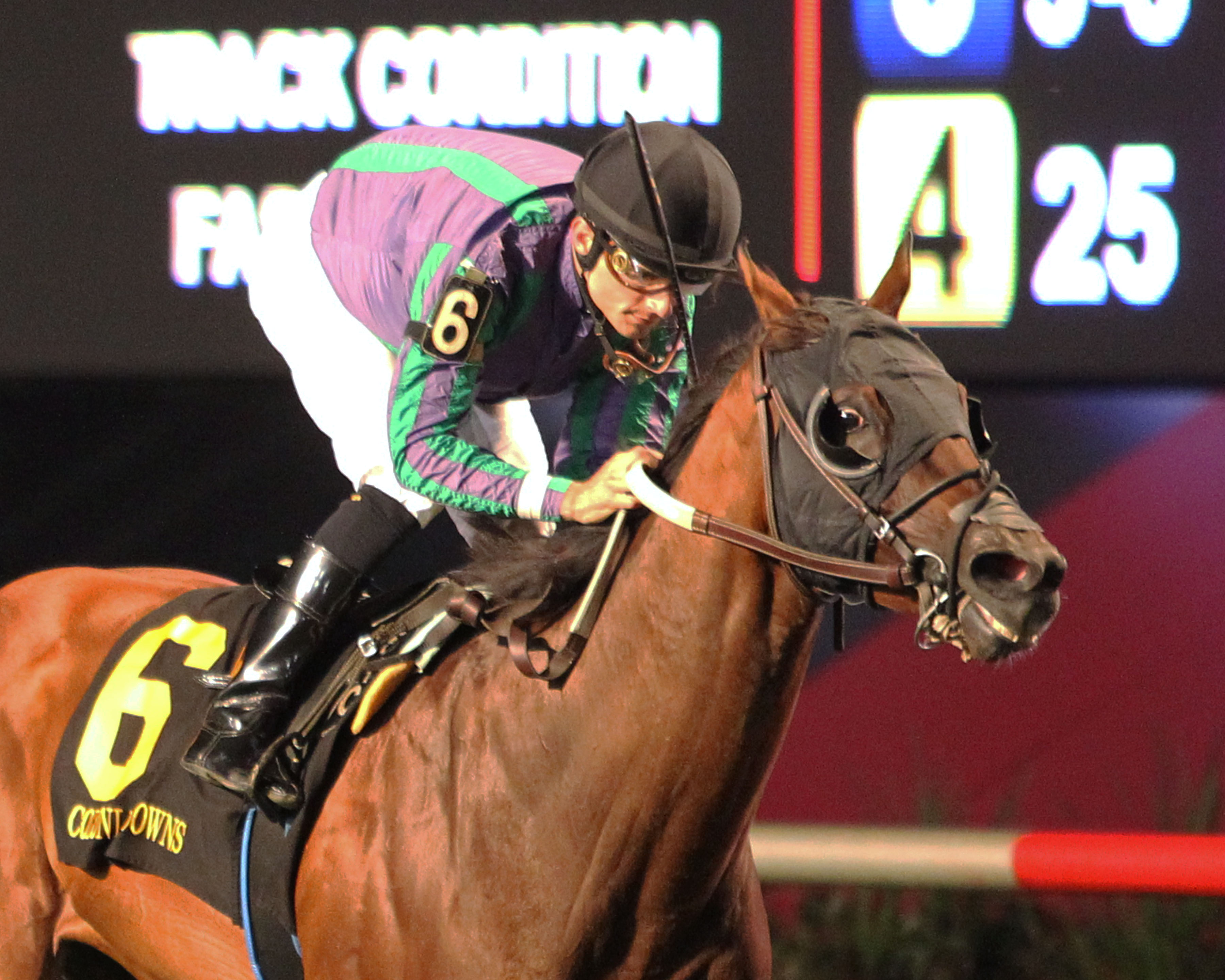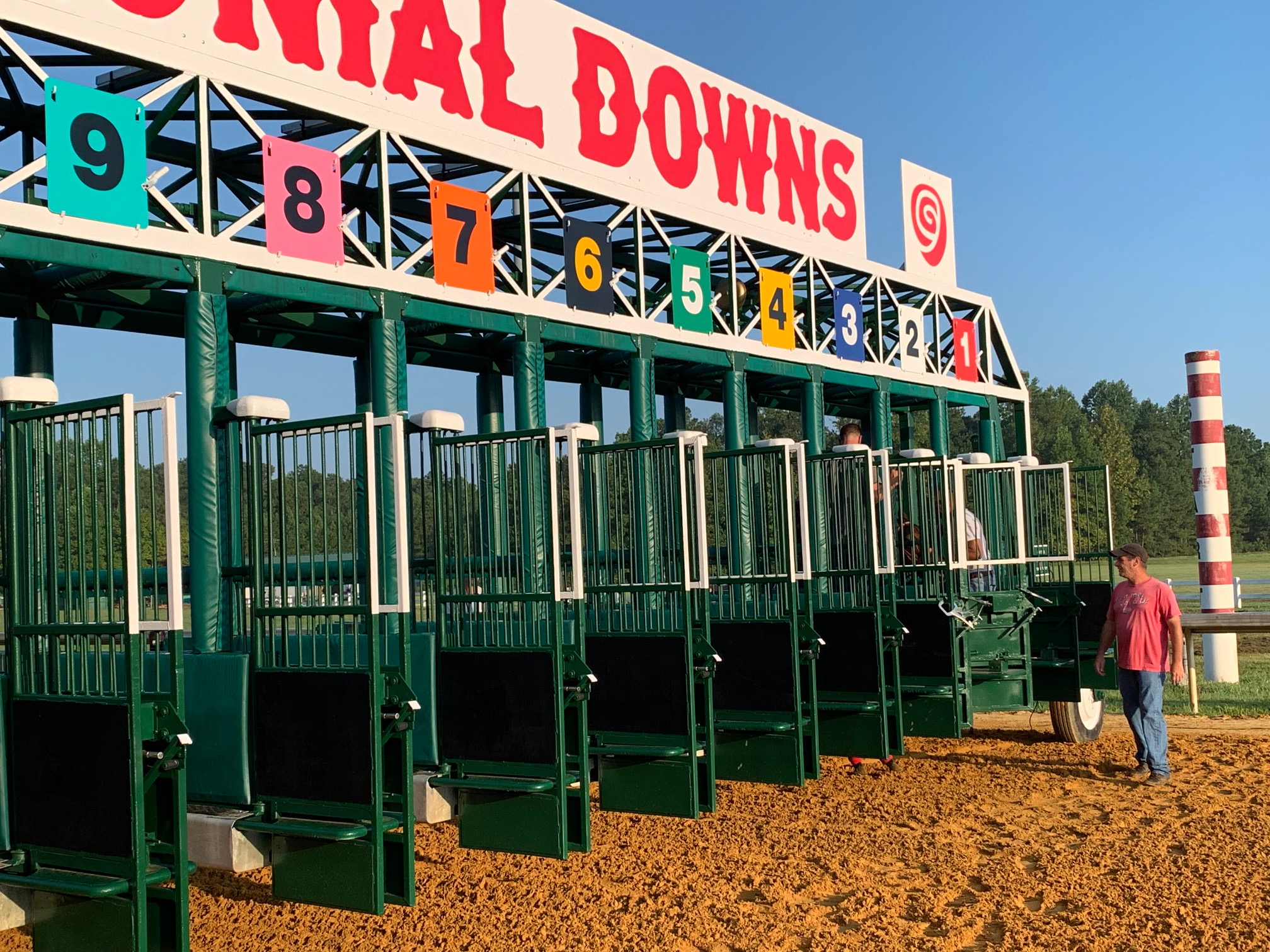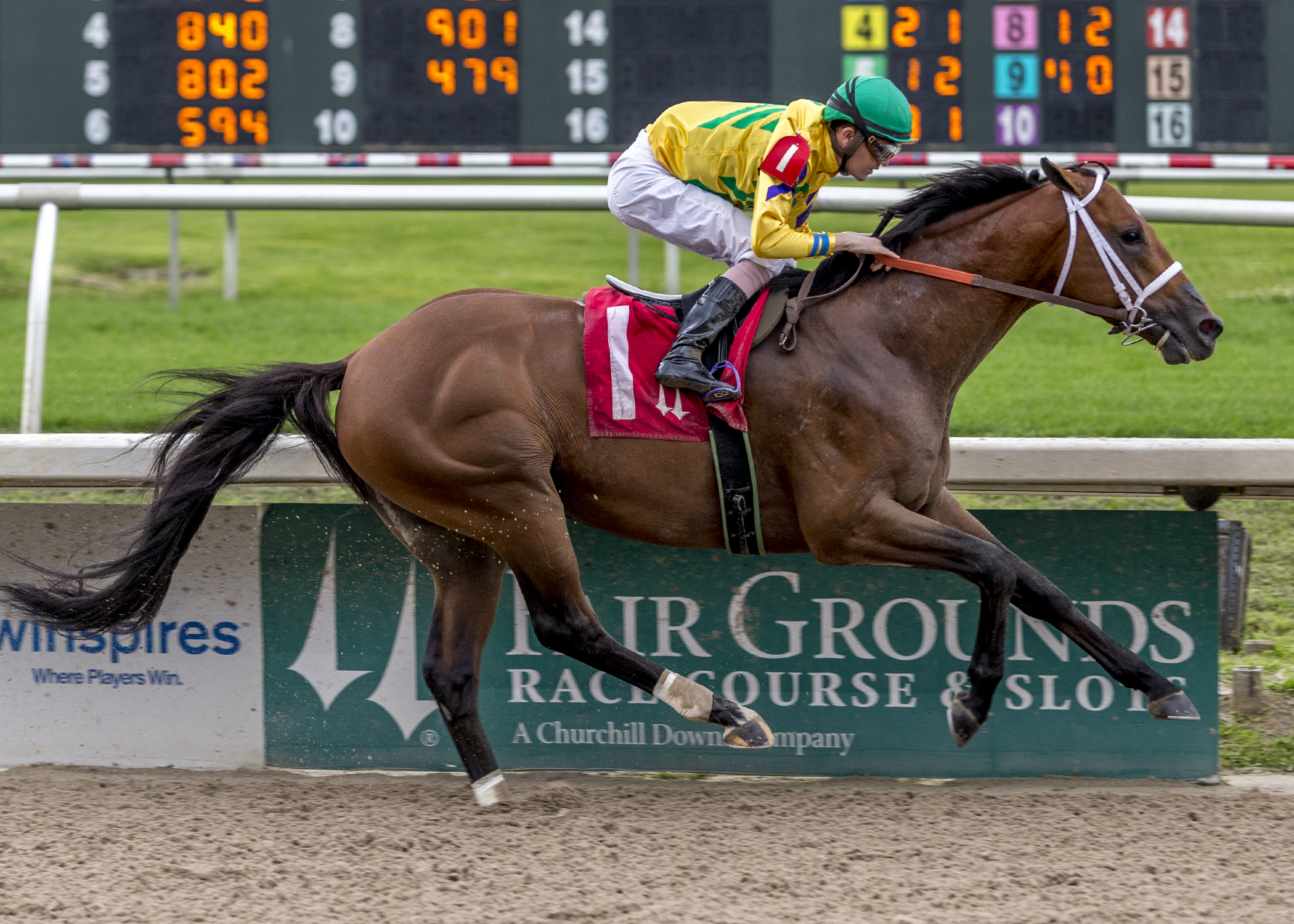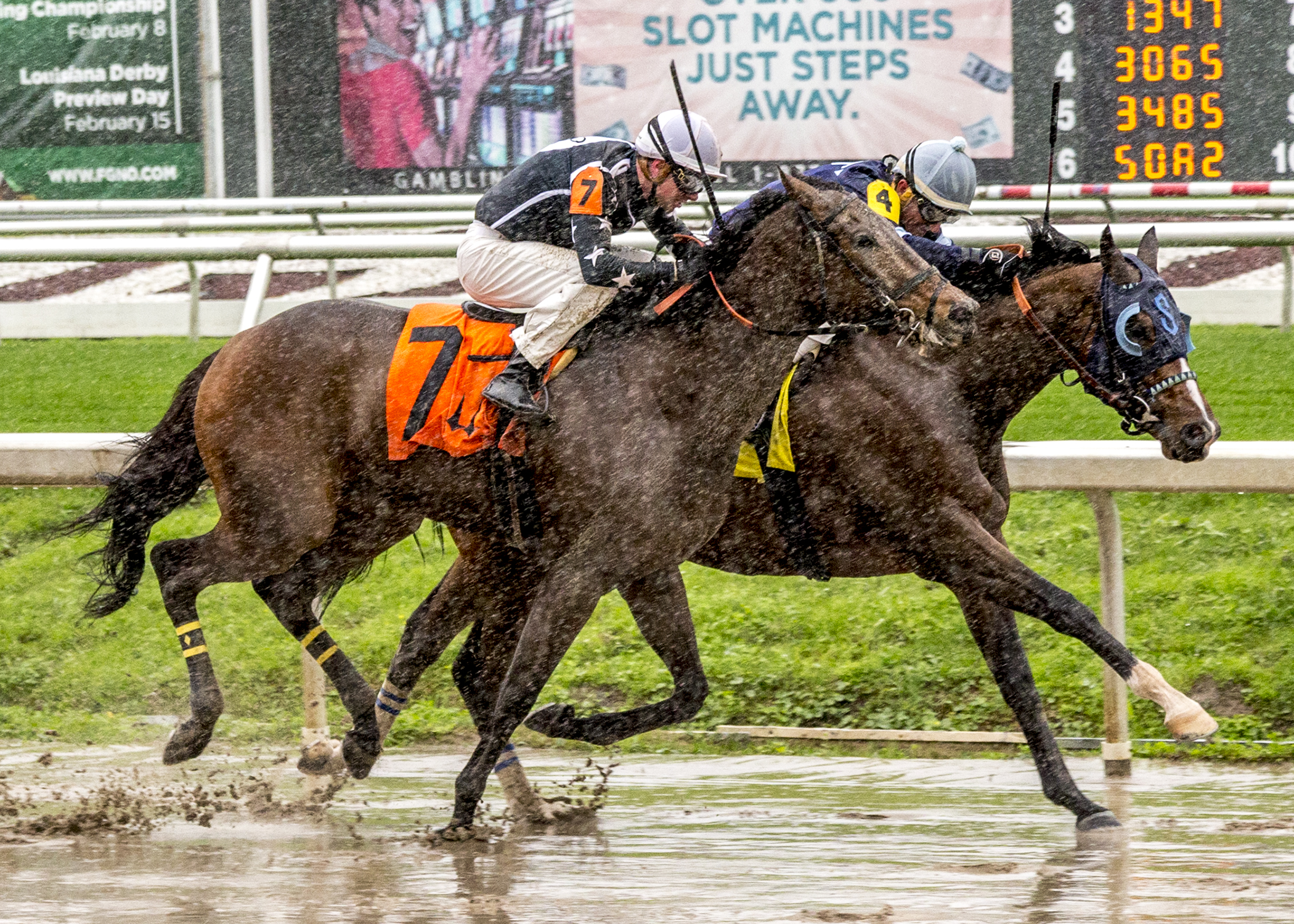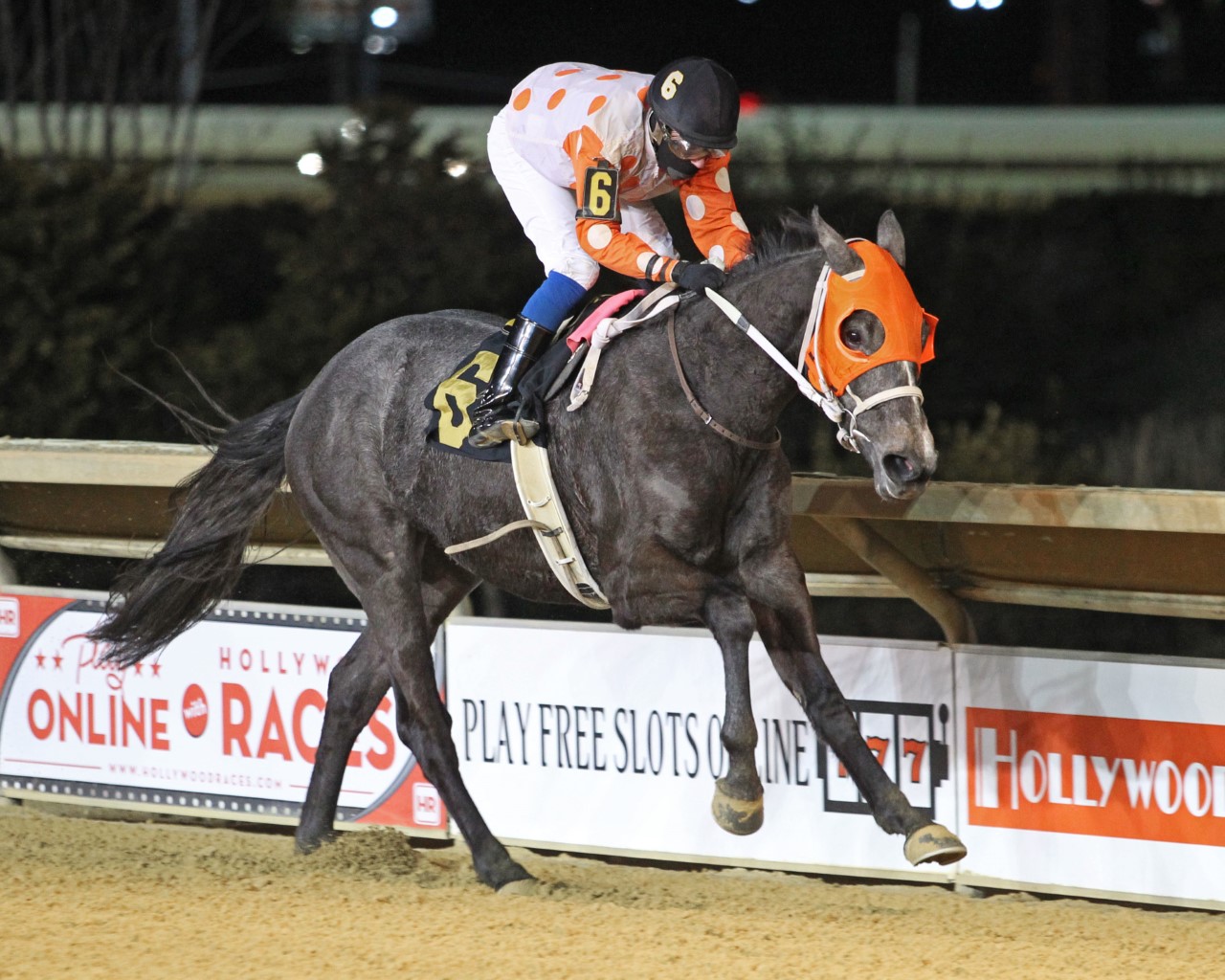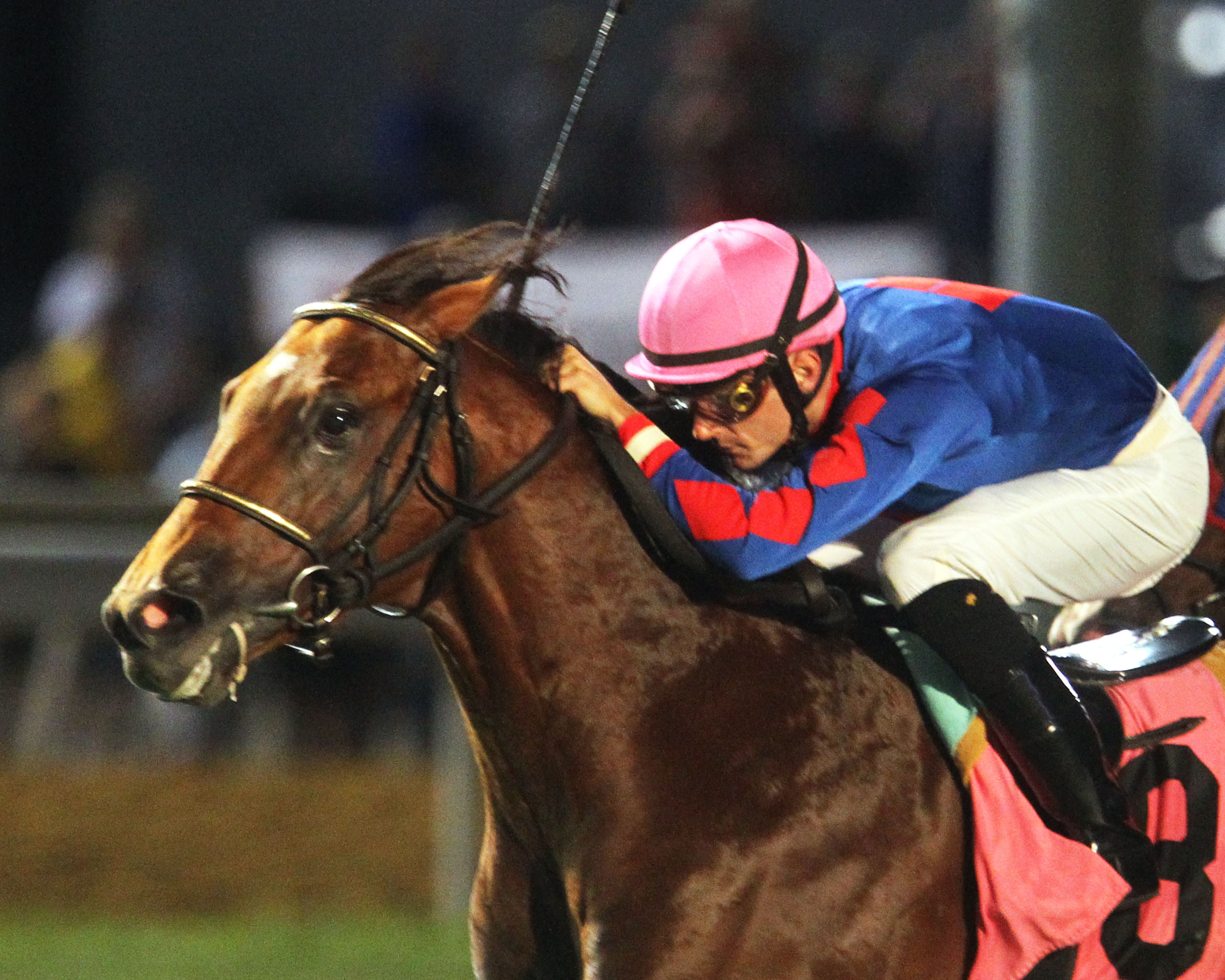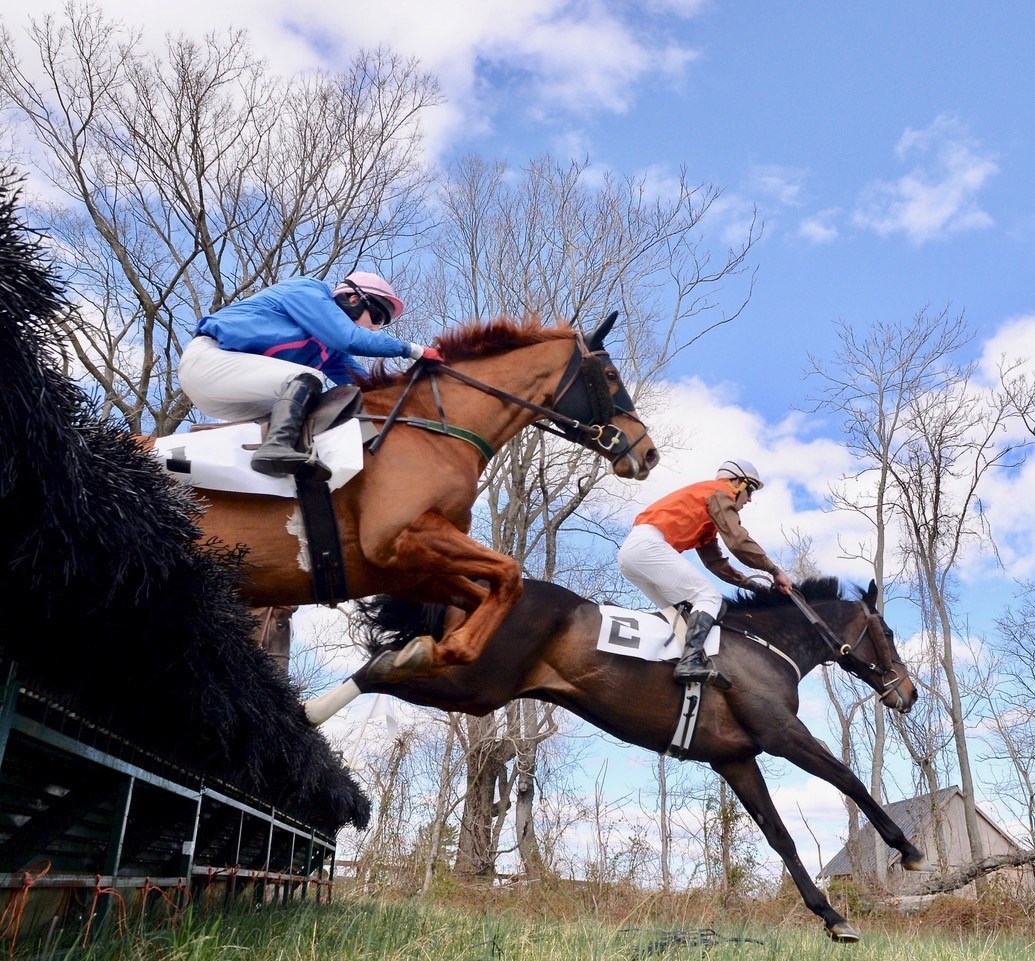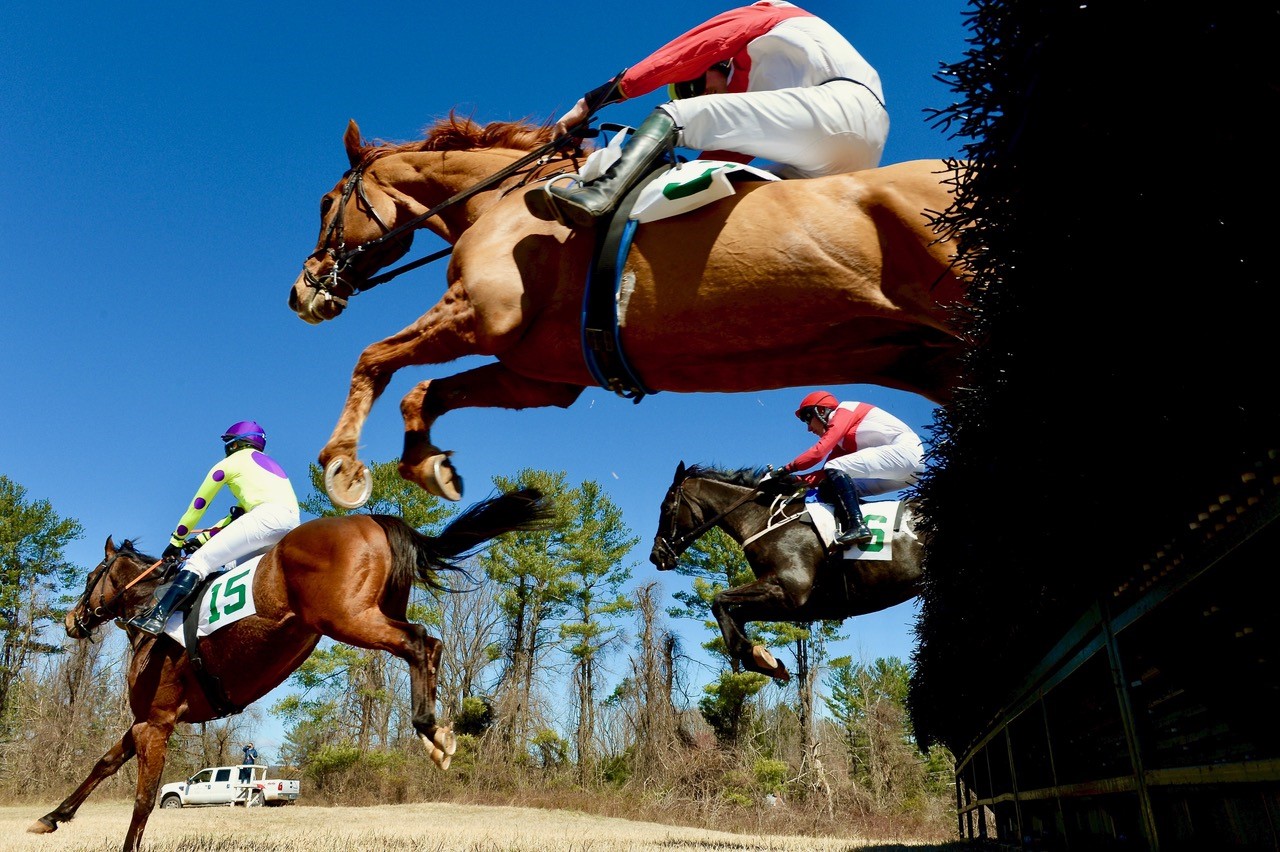The best advice at this time is to use common sense, practice social distancing, disinfect and wash your hands frequently. As the situation evolves and if and when additional information is available, it will be shared here. The best advice at this time is to use common sense, practice social distancing, disinfect and wash your hands frequently.
Tips for Equine Businesses During COVID-19
Your business is important, but your health and the health of your staff, family and clients is paramount during the COVID-19 pandemic.
Author: Kimberly S. Brown. Updated: Mar 19, 2020; Original:Mar 17, 2020
Time outside with your animals (and apart from people) is encouraged, but be aware that the virus can be found on many surfaces, including pet hair.
With the recommendations from the CDC, requirements put in place by some states, and the general fear in the United States, horse businesses are being affected by the COVID-19 pandemic. We pulled together some tips and ideas that might help you manage this uncertain time.
The good news is that horse folks are familiar with biosecurity, so we should be leaders in our communities in stopping the spread of this virus. We know about quarantine, we understand limiting contact (social spacing), and we are very familiar with disease spread in animals. Now we just have to apply this to humans!
What We Know
The following clinical signs of illness can appear 2-14 days after exposure, according to the CDC. Keep in mind that not everyone will show clinical signs once exposed, but they can still carry virus to others. It is important to protect those with underlying physical problems from contracting the virus; thus the “social distancing” and good biosecurity.
The betacoronavirus that causes COVID-19 is SARS-CoV-2 (formerly 2019-nCoV).
The CDC notes that the most frequent clinical signs of disease are:
Fever
Cough
Shortness of breath
Through March 19, the CDC reported that in the U.S.:
Total cases: 10,442
Total deaths: 150
Jurisdictions reporting cases: 54 (50 states, District of Columbia, Puerto Rico, Guam, and US Virgin Islands)
Keep in mind that tests currently are limited throughout the United States, so experts expect exposure and case numbers to rise considerably as testing is expanded. Just like what we discovered with the spread of West Nile virus in the United States equine population, it spreads quickly and the more you look, the more you find.
Riding Lessons/Boarders
Some people won’t want to give up riding lessons or coming to the barn. Use common sense if you continue to have lessons or boarders at your facility.
Older adults and people who have severe underlying chronic medical conditions like heart or lung disease or diabetes seem to be at higher risk for developing more serious complications from COVID-19 illness. These individuals should be self-quarantining until the height of the contagious period has passed. That means you might have to convince them to stay away and you might have to do more for their horses if they can’t come to the barn.
The best way to prevent illness is to avoid being exposed to this virus. That means you might have to cancel lessons or schedule lessons for fewer people at one time so they can maintain about 6 feet of distance between individuals in the barn and in the arena. If riders or boarders are unable or unwilling to do this, you might have to excuse them from lessons until the pandemic has passed.
The virus is thought to spread mainly from person-to-person.
Between people who are in close contact with one another (within about 6 feet).
Through respiratory droplets produced when an infected person coughs or sneezes.
These droplets can land in the mouths or noses of people who are nearby or possibly be inhaled into the lungs.
The virus can live on objects (fomites), including hands, metal, plastic, cardboard, etc.
New research shows that the virus is detectablein aerosols for up to three hours
on copper for up to four hours
on cardboard for up to 24 hours, and
on plastic and stainless steel for up to two to three days.
That means most items in the barn (bits, brushes, buckets, door/stall handles, tack, etc.) can be home for the virus for a short time
How to Protect Yourself, Your Staff and Your Clients
According to the CDC, you should:
Wash your hands often with soap and water for at least 20 seconds especially after you have been in a public place, or after blowing your nose, coughing, or sneezing. Twenty seconds is about how long it takes to sing Happy Birthday twice through. Make sure to scrub under your nails and between your fingers. If soap and water are not readily available, use a hand sanitizer that contains at least 60% alcohol. Cover all surfaces of your hands and rub them together until they feel dry.
Avoid touching your eyes, nose, and mouth with unwashed hands.
Stay home if you are sick, except to get medical care. The CDC offers these tips of what to do if you are sick. Cover your mouth and nose with a tissue when you cough or sneeze or use the inside of your elbow. Throw used tissues in the trash. Immediately wash your hands with soap and water for at least 20 seconds. If soap and water are not readily available, clean your hands with a hand sanitizer that contains at least 60% alcohol.
If you are NOT sick:
You do not need to wear a facemask unless you are caring for someone who is sick (and they are not able to wear a facemask). Facemasks are in short supply and they should be saved for caregivers.
Clean AND disinfect frequently touched surfaces daily. This includes tables, doorknobs, light switches, countertops, handles, desks, phones, keyboards, toilets, faucets and sinks.
If surfaces are dirty, clean them first: Use detergent or soap and water prior to disinfection.
How to Clean
Again, the CDC offers some great tips on proper cleaning techniques.
To disinfect: Most common EPA-registered household disinfectants will work. Use disinfectants appropriate for the surface. Disinfectant options include: Diluting your household bleach. To make a bleach solution, mix:
5 tablespoons (1/3rd cup) bleach per gallon of water
OR
4 teaspoons bleach per quart of water
Follow manufacturer’s instructions for application and proper ventilation. Check to ensure the product is not past its expiration date. Never mix household bleach with ammonia or any other cleanser. Unexpired household bleach will be effective against coronaviruses when properly diluted.
Alcohol solutions. Ensure solution has at least 70% alcohol.
Other common EPA-registered household disinfectants. Products with EPA-approved emerging viral pathogens pdf icon[7 pages]external icon claims are expected to be effective against COVID-19 based on data for harder to kill viruses. Follow the manufacturer’s instructions for all cleaning and disinfection products (e.g., concentration, application method and contact time, etc.).
Employees, Family, Staff, Visitors
The CDC offers information to businesses about how to manage your activities and employees during the COVID-19 pandemic.
Actively encourage sick employees to stay home:
Employees who have symptoms of acute respiratory illness are recommended to stay home and not come to work until they are free of fever (100.4° F [38.0° C] or greater using an oral thermometer), signs of a fever, and any other symptoms for at least 24 hours, without the use of fever-reducing or other symptom-altering medicines (e.g., cough suppressants). Employees should notify their supervisor and stay home if they are sick.
Ensure that your sick leave policies are flexible and consistent with public health guidance and that employees are aware of these policies.
Talk with companies that provide your business with contract or temporary employees about the importance of sick employees staying home and encourage them to develop non-punitive leave policies.
Do not require a healthcare provider’s note for employees who are sick with acute respiratory illness to validate their illness or to return to work, as healthcare provider offices and medical facilities are extremely busy and not able to provide such documentation in a timely way.
Employers should maintain flexible policies that permit employees to stay home to care for a sick family member. Employers should be aware that more employees might need to stay at home to care for sick children or other sick family members than is usual.
Separate sick employees:
CDC recommends that employees who appear to have acute respiratory illness symptoms (i.e., cough, shortness of breath) upon arrival to work or become sick during the day should be separated from other employees and be sent home immediately. Sick employees should cover their noses and mouths with a tissue when coughing or sneezing (or an elbow or shoulder if no tissue is available).
Emphasize staying home when sick, respiratory etiquette and hand hygiene by all employees:
Place posters that encourage staying home when sick, cough and sneeze etiquette, and hand hygiene at the entrance to your workplace and in other workplace areas where they are likely to be seen.
Provide tissues and no-touch disposal receptacles for use by employees. Instruct employees to clean their hands often with an alcohol-based hand sanitizer that contains at least 60-95% alcohol, or wash their hands with soap and water for at least 20 seconds. Soap and water should be used preferentially if hands are visibly dirty.
Provide soap and water and alcohol-based hand rubs in the workplace. Ensure that adequate supplies are maintained. Place hand rubs in multiple locations or in conference rooms to encourage hand hygiene.
Perform routine environmental cleaning:
Routinely clean all frequently touched surfaces in the workplace, such as workstations, countertops, and doorknobs. Use the cleaning agents that are usually used in these areas and follow the directions on the label.
No additional disinfection beyond routine cleaning is recommended at this time.
Provide disposable wipes so that commonly used surfaces (for example, doorknobs, keyboards, remote controls, desks) can be wiped down by employees before each use.
Advise employees before traveling to take certain steps:
Check the CDC’s Traveler’s Health Notices for the latest guidance and recommendations for each country to which you will travel. Specific travel information for travelers going to and returning from China, and information for aircrew, can be found at on the CDC website.
Advise employees to check themselves for symptoms of acute respiratory illness before starting travel and notify their supervisor and stay home if they are sick.
Ensure employees who become sick while traveling or on temporary assignment understand that they should notify their supervisor and should promptly call a healthcare provider for advice if needed.
If outside the United States, sick employees should follow your company’s policy for obtaining medical care or contact a healthcare provider or overseas medical assistance company to assist them with finding an appropriate healthcare provider in that country. A U.S. consular officer can help locate healthcare services. However, U.S. embassies, consulates, and military facilities do not have the legal authority, capability, and resources to evacuate or give medicines, vaccines, or medical care to private U.S. citizens overseas.
Additional Measures in Response to Currently Occurring Sporadic Importations of the COVID-19:
Employees who are well but who have a sick family member at home with COVID-19 should notify their supervisor and refer to CDC guidance for how to conduct a risk assessment of their potential exposure.
If an employee is confirmed to have COVID-19, employers should inform fellow employees of their possible exposure to COVID-19 in the workplace but maintain confidentiality as required by the Americans with Disabilities Act (ADA). Employees exposed to a co-worker with confirmed COVID-19 should refer to CDC guidance for how to conduct a risk assessment of their potential exposure.
Pets and Animals
The AVMA has stated that infectious disease experts and multiple international and domestic human and animal health organizations agree there is no evidence at this point to indicate that pets become ill with COVID-19 or that they spread it to other animals, including people.
The AVMA went on to say:
If you are not ill with COVID-19, you can interact with your pet as you normally would, including walking, feeding, and playing. You should continue to practice good hygiene during those interactions (e.g., wash hands before and after interacting with your pet; ensure your pet is kept well-groomed; regularly clean your pet’s food and water bowls, bedding material, and toys).
Out of an abundance of caution, it is recommended that those ill with COVID-19 limit contact with animals until more information is known about the virus. Have another member of your household take care of walking, feeding, and playing with your pet. If you have a service animal or you must care for your pet, then wear a facemask; don’t share food, kiss, or hug them; and wash your hands before and after any contact with them.
Dr. Scott Weese of the University of Guelph has more information about dogs and COVID-19 on his blog.
To keep up with all CDC recommendations and alerts, visit their website.
TagsCOVID-19 Tips For Equine Businesses
By Kimberly S. Brown
